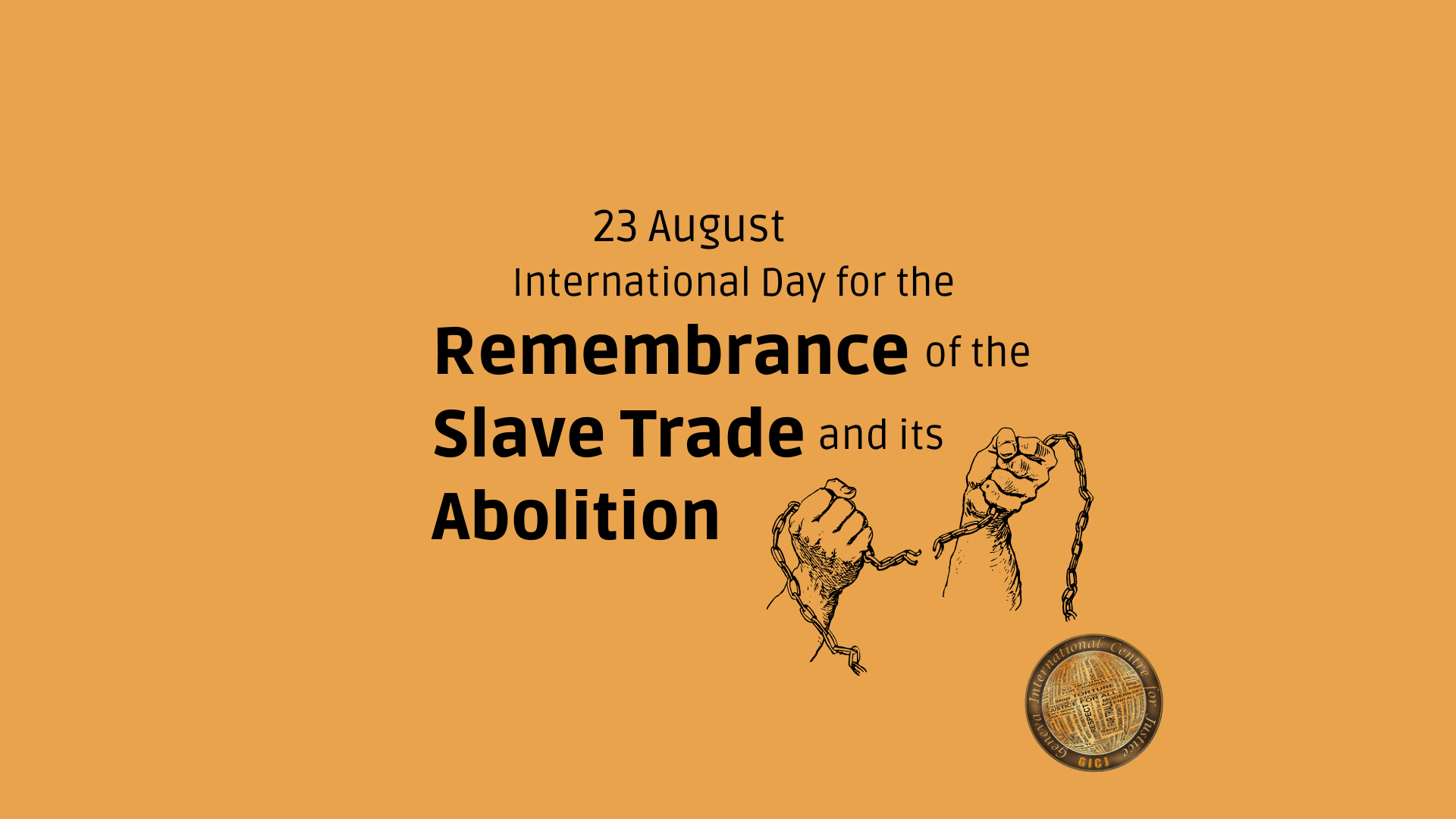International Day for the Remembrance of the Slave Trade and its Abolition is observed on August 23. It commemorates the day when an uprising began in Saint Domingue, now called Haiti, on August 23, 1791, against the slave trade. Haiti was a French settlement and a centre of the slave trade across Europe. The uprising led to a revolution against the rulers of the country.
Theme of the day
2023 Theme: “Fighting slavery’s legacy of racism through transformative education”
Significance of the day
The International Day for the Remembrance of the Slave Trade and its Abolition is an important day to remember the victims of the slave trade and to reaffirm our commitment to fighting racism and discrimination. It is also a day to celebrate the progress that has been made and to recommit ourselves to building a more just and equitable world.
Here are some of the ways that the International Day for the Remembrance of the Slave Trade and its Abolition can be observed:
- Holding educational events and discussions about the slave trade.
- Visiting museums and historic sites that commemorate the slave trade.
- Reading books and articles about the slave trade.
- Supporting organizations that are working to combat racism and discrimination.
- Making a personal commitment to fight against racism and discrimination in our own lives.
UNESCO Initiative
UNESCO observes this day to remind the people “to continue to analyse and criticise such practices that may transform into modern forms of slavery and exploitation”. The day is observed to remember and honour those who were dehumanised under the cruel system.
History of the day
The day of the uprising was commemorated for the first time in 1998. It was designated by UNESCO and was also observed in Senegal in 1999. The slave trade was rampant in Europe those days and people from Africa and Asia were traded. Slaves were transported to the colonial settlements of Haiti, the Caribbean Islands, and other parts of the world. The international slave trade was abolished on March 25, 1807.




 Which District of Haryana is known as th...
Which District of Haryana is known as th...
 Top-5 Richest Cities in India by GDP 202...
Top-5 Richest Cities in India by GDP 202...
 Most Wickets in T20 World Cup 2026: Full...
Most Wickets in T20 World Cup 2026: Full...








